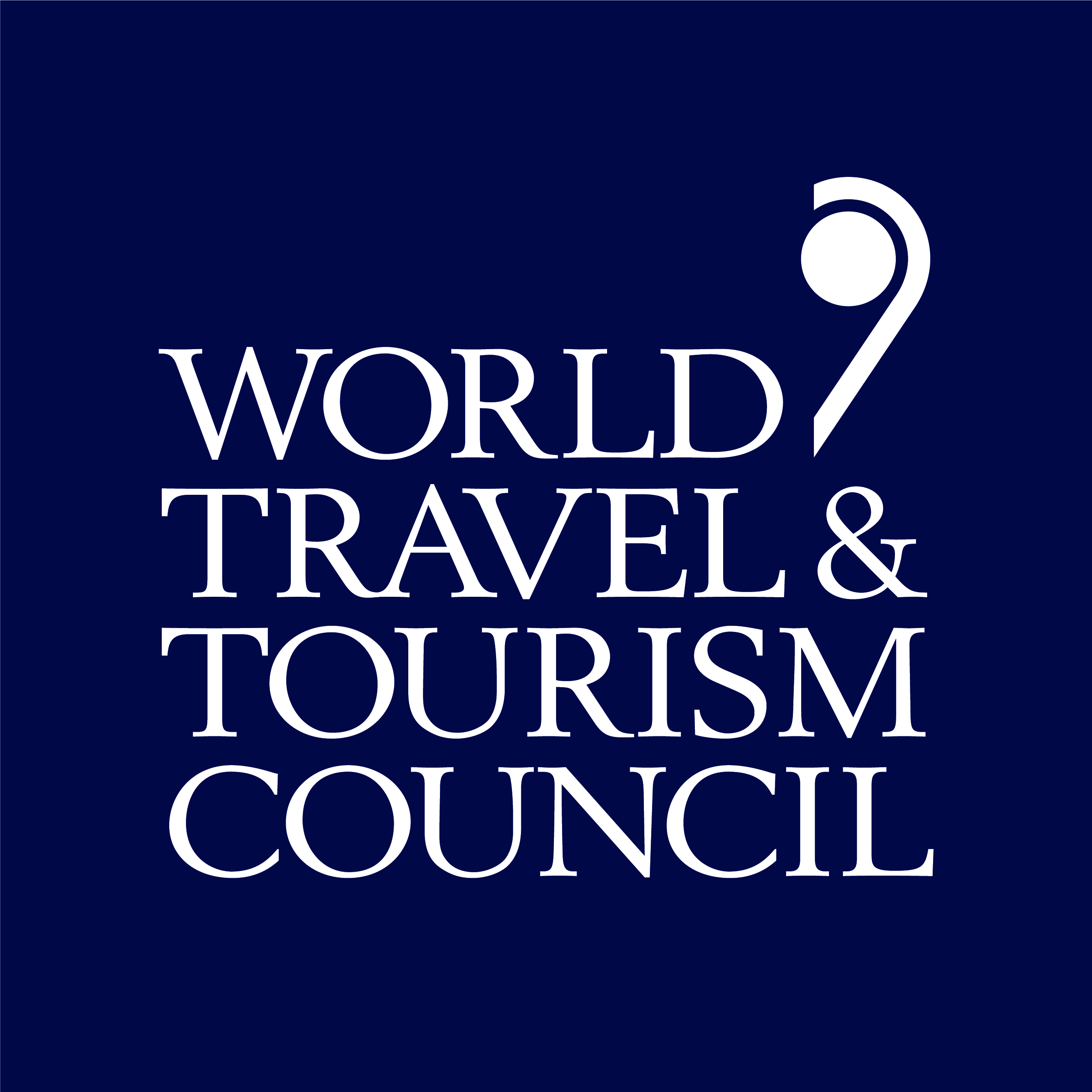Shifting employment landscape and skills analysis in Travel & Tourism

Travel often brings to mind stunning beaches, rolling green hills, and majestic snow-capped mountains. However, beyond the allure of these destinations lies a powerful economic force. The Travel & Tourism sector supports one in 10 jobs globally, driving employment across a wide range of industries such as accommodation and transportation to travel agencies, entertainment, engineering, and technology. These jobs offer diverse career paths and provide advancement opportunities to many young workers, particularly in low-income countries. However, the sector has been facing challenges with attracting and retaining workers with the necessary skills since the Covid-19 pandemic disrupted the economy and led to a loss of 70 million jobs in the sector.
Sign in to access actionable insights
Travel often brings to mind stunning beaches, rolling green hills, and majestic snow-capped mountains. However, beyond the allure of these destinations lies a powerful economic force. The Travel & Tourism sector supports one in 10 jobs globally, driving employment across a wide range of industries such as accommodation and transportation to travel agencies, entertainment, engineering, and technology. These jobs offer diverse career paths and provide advancement opportunities to many young workers, particularly in low-income countries. However, the sector has been facing challenges with attracting and retaining workers with the necessary skills since the Covid-19 pandemic disrupted the economy and led to a loss of 70 million jobs in the sector.
Challenges within the labour market
In the recent World Travel & Tourism Council (WTTC) report: “The Future of Work in Travel & Tourism”, a survey of – and interviews with – stakeholders in the sector found that the majority (52%) of current challenges relate to talent recruitment and retention. During the Covid-19 pandemic, many highly skilled workers left either due to redundancy or the unreliable nature of the sector. After travel restrictions were lifted, many vacancies emerged in roles requiring extensive training, which significantly delayed recruitment.
For instance, the hospitality sector, in particular, faces shortages of chefs, waiters, housekeepers, and maintenance and engineering staff. More recently, International Civil Aviation Organization (ICAO) safety and security audits pointed to a shortage of qualified aviation personnel as a key reason why some countries fail to meet critical safety and security oversight standards. Filling these skilled positions remains a major challenge for Travel & Tourism businesses, which must compete with other industries to attract talent. Therefore, there is an urgent need to attract talent to ensure the standard of service does not decline within the sector.
Technology and sustainable practices (21.8% of all challenges) are also a rising concern among employers. As automation and AI rapidly advance, workforce skills struggle to keep up, creating gaps that impact efficiency and service quality. Moreover, as the impact of travel is most on the destinations they serve, businesses need to keep up with a growing number of environmental laws and regulations, as well as voluntary frameworks. This requires constant monitoring of business impact and regulatory compliance.
There are also challenges relating to employee wellbeing and inclusion (12.6%), which are crucial but underfunded, and new working patterns (9.1%). Since the pandemic, the younger workforce is looking at remote working opportunities, something not necessarily possible in many Travel & Tourism roles. Moreover, long and uncertain working hours often lead to mental health concerns among employees. Hence, organisations should create a robust support system to ensure employees feel good about their work and included. The research also mentioned a lack of government policies to support the Travel & Tourism workforce (3.4%).. These challenges highlight the urgent need for strategic solutions to build a resilient workforce.
Future of work skill requirements
The WTTC’s Economic Impact Research report forecasts a critical labour shortage in the sector across 20 major economies over the next decade. Projections for 2035 indicate that the demand for workers will significantly exceed the available supply with the sector facing a shortfall of 43.1 million workers, which is 16% below the demand.
A substantial portion of this gap, 20.1 million people, will be for low-skilled roles, which are expected to remain in high demand. The hospitality industry is projected to be particularly affected, with an estimated shortage of 8.6 million workers, or 18% less than required. This deficit is not isolated, with all 20 economies studied expected to face challenges:
- In absolute numbers, the most significant worker gaps are predicted for China (16.9 million), India (11.0 million), and the EU (6.4 million).
- In relative terms, the economies facing the largest shortfalls compared to their demand will be Japan (29% below demand), Greece (27% below), and Germany (26% below).
This underscores the urgent need for strategic initiatives to make the sector more productive. Businesses also must understand which skills are essential now and, in the future, as well as where proficiency gaps exist. The report further points to specific areas for development across job levels while also highlighting universal trends that will impact on every employee.
- Managerial level: There is a need for more proficiency in Critical Thinking & Analytical Skills.
- Customer-facing roles: Leadership & Management skills are increasingly important, but current proficiency is low.
- Operational roles: More workers need to develop the practice of Lifelong Learning.
- Universal skill gap: Across all job roles, Technology & Digital Literacy is the fastest-growing skill in importance, yet employee proficiency remains too low.
- Key future skills: Creative Thinking and Lifelong Learning are also highlighted as especially crucial for the future.
These insights echo the World Economic Forum’s 2024 Future of Jobs survey, which highlighted AI and big data, technological literacy, creative thinking, and adaptability (resilience, flexibility, agility) as the skills expected to gain the most importance between 2025 and 2030 across all sectors.
As Travel & Tourism continues to rebound, its future depends on how effectively the sector addresses its skills challenge. Building a resilient workforce will require more than simply filling vacancies. It means equipping workers with the technological, creative, and adaptive capabilities that modern travel demands. For employers, this is an opportunity to rethink training, career development, and talent pipelines. For policymakers, it’s a call to align education and workforce programmes with the realities of a rapidly evolving industry. If these gaps are closed, Travel & Tourism will become an engine of inclusive growth, offering meaningful careers while sustaining one of the world’s most dynamic economic forces.


-cover-web.jpg)















